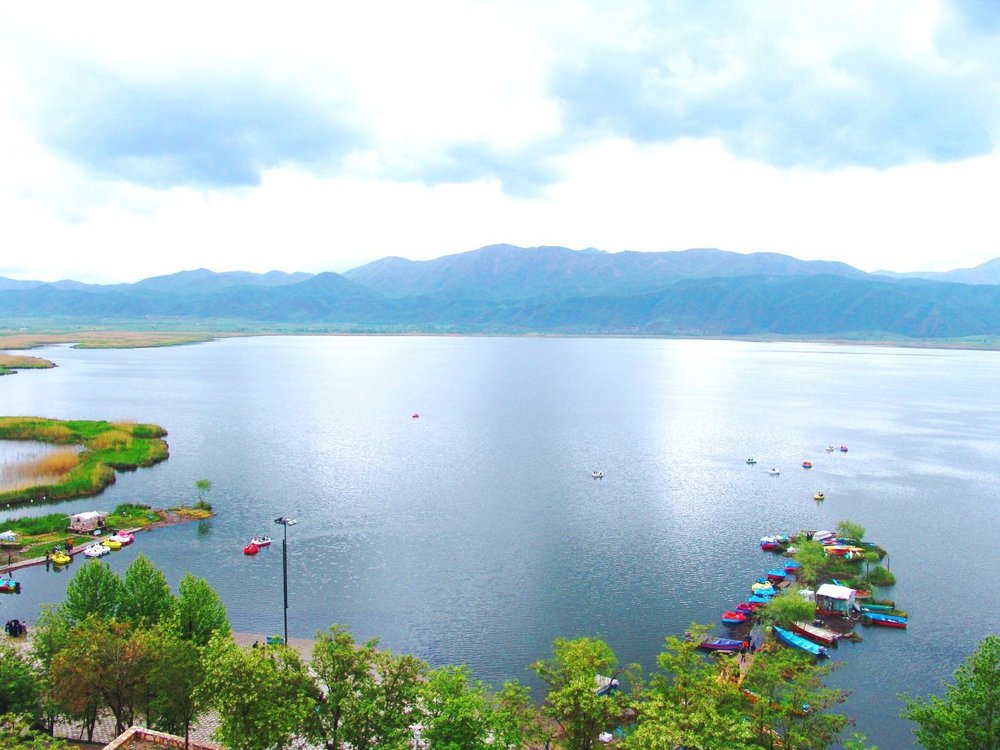Zarivar wetland designated as a Wetland of International Importance

TEHRAN — Zarivar wetland, in western province of Kordestan, was designated as a Wetland of International Importance on Ramsar list, Mehr news agency reported on Saturday.
The List of Wetlands of International Importance as defined by the Ramsar Convention for the conservation and sustainable use of wetlands, recognizes the fundamental ecological functions of wetlands and their economic, cultural, scientific, and recreational value.
The Convention on Wetlands, called the Ramsar Convention, is the intergovernmental treaty that provides the framework for the conservation and wise use of wetlands and their resources.
The Convention was adopted in the Iranian northern city of Ramsar in 1971 and came into force in 1975. Since then, almost 90% of UN member states, from all the world’s geographic regions, have acceded to become “Contracting Parties”.
There are 252 wetlands in Iran and this is the 25th wetland in Iran designated as a Ramsar site, the report added.
Many important wetlands in Iran are facing decline and have already turned into hotspots for sand and dust storms in the region causing great discomfort to the health and livelihood of the residents.
Anzali Mordab, Hamoun wetlands, Neyriz Lakes and Kamjan Marshes, Shadegan Marshes and mudflats of Khor-al Amaya and Khor Musa, and Shurgol, Yadegarlu and Dorgeh Sangi Lakes are designated on Montreux Record.
The Montreux Record is a register of wetland sites on the List of Wetlands of International Importance where changes in ecological character have occurred, are occurring, or are likely to occur as a result of technological developments, pollution or other human interference.
In late January, chief of the Department of Environment (DOE) Issa Kalantari said that in order to restore wetlands in the country a budget of 600 trillion rials (nearly $14 billion) is needed.
The importance of wetlands
According to the Ramsar website, wetlands are vital for human survival. They are among the world’s most productive environments; cradles of biological diversity that provide the water and productivity upon which countless species of plants and animals depend for survival.
Wetlands are indispensable for the countless benefits or “ecosystem services” that they provide humanity, ranging from freshwater supply, food and building materials, and biodiversity, to flood control, groundwater recharge, and climate change mitigation.
Yet study after study demonstrates that wetland area and quality continue to decline in most regions of the world. As a result, the ecosystem services that wetlands provide to people are compromised.
Managing wetlands is a global challenge and the Convention presently counts over 160 countries as Contracting Parties, which recognize the value of having one international treaty dedicated to a single ecosystem.
MQ/MG
